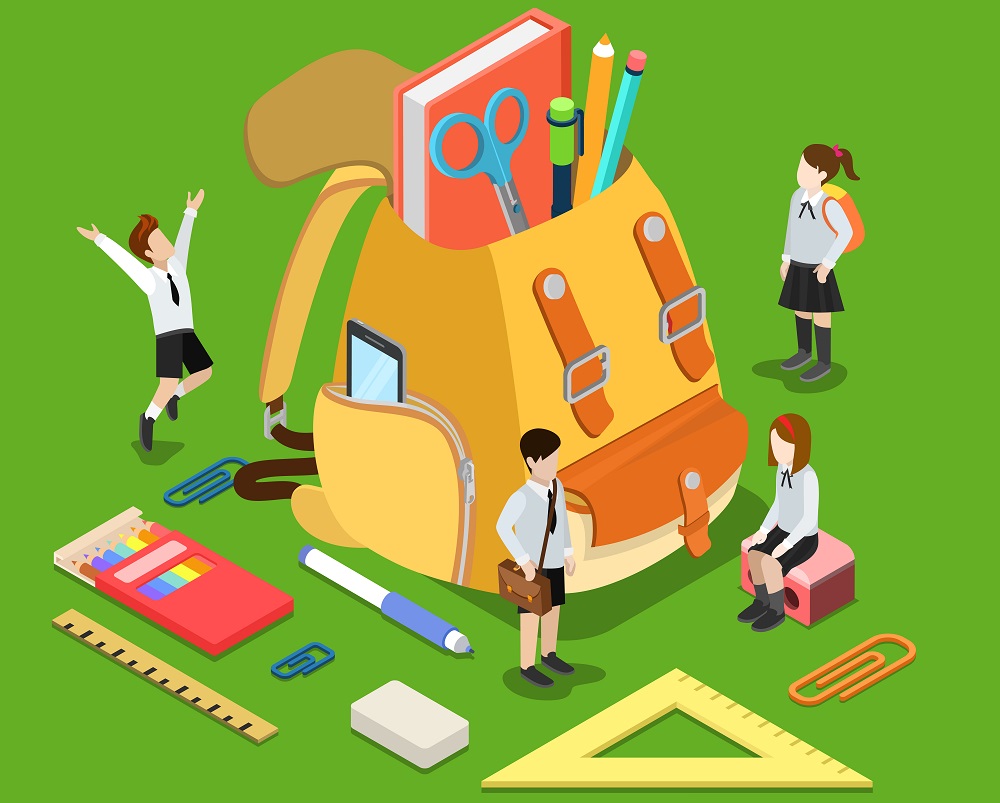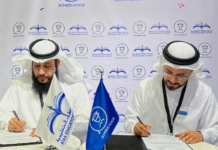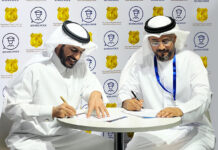“How can I apply this in real life? Does this help me after graduation?” Will studying Newton’s three laws of motion help someone if they’re path is already set on a different discipline like business administration or human resources? Does subject or topic-centered education even matter question is one of the many profound questions that left millennials without clear vision seeking answers throughout the years.
According to the World Economic Forum (WEF) which ranks countries based on 113 indicators that measure a country’s productivity under 12 pillars including health and primary education, Finland was revealed as one of the best educational systems in the world for 2016.
On one hand, the traditional subject-based approach has several advantages; students like it and they’re used to it and it fits their idea of what school should be. Test scores can be easily quantified and educators can use the results to justify their achievements. Also from an economic perspective, the traditional educational system also lends itself well to mass production; publishers can produce thousands of standardized workbooks for students and teachers to use.
On the other hand, school students sitting passively in front of their teacher, listening to lessons or waiting to be questioned, make it impossible for them to enjoy the process. In addition to the challenge of applying what they learn, students are not forced to think analytically and choose for themselves in the traditional learning setup.
Finland, who is ranked as the best educational system in the world in the global competitiveness report released by the World Economic Forum in 2016, is radically reforming the way students are being taught today with a new ‘phenomenon-centered syllabus’. They are being replaced by what the Finns call “phenomenon” teaching – or teaching by topic. The revolutionary change has already started years ago and is expected to be put in place by 2020.
Topic-centered education is when traditional school subjects like mathematics and physics are scrapped and replaced with topics or phenomena that students learn from different perspectives. For instance, someone studying a vocational course might take ‘Restaurant services’, lessons would include mathematics, languages (to help serve foreign customers) and communication skills.
A topic about the ‘European Union’ would typically include elements of economics, history, geography and languages. Collaborative school activities, where students are asked to work with several teachers simultaneously during periods of phenomenon-based project studies are emphasized. ‘Topic-based learning’ is believed to better prepare the students for the working life. By getting exposed to real-time situations and digging deep in historical phenomena, the student can hardly miss the objective behind each lesson.
The previously mentioned strengths do not necessarily imply the perfectionistic nature of topic-based approach in education; several challenges have to be dealt with before our countries adopt a similar strategy. Teachers who have spent their lives focusing on a particular subject only to be told to change their approach might show significant resistance.
In UAE, the debate is still ongoing and educational development remains a top government priority in line with UAE vision 2021. The Emirati cabinet receives thousands from suggestions from the public on improving the education system. Suggestions include more focus on skills that are most relevant to society, such as the STEAM subjects – science, technology, engineering, art and mathematics. For the UAE to continue on its upward path, our children must be taught these important skills in tandem with an understanding of how they can make use of them.
What we need now is a kind of education to prepare people for professional life while giving students the ability to choose what they prefer and can excel at.









![How To Improve School Communication [A Detailed Guide] How To Improve School Communication [A Detailed Guide]](https://www.schoolvoice.com/blog/wp-content/uploads/2021/12/How-To-Improve-School-Communication-100x70.jpg)
